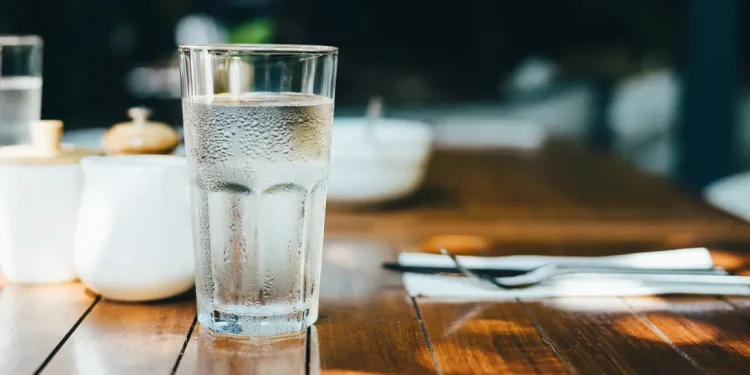Kathmandu: Water is an inorganic compound with the chemical formula H₂O. It is a transparent, tasteless, odorless, and nearly colorless chemical substance, and it is the main constituent of Earth’s hydrosphere and the fluids of all known living organisms.
Getting enough water every day is important for your health. Not drinking water can result in dehydration, a condition that can cause unclear thinking, results in mood change, cause your body to overheat, and lead to health hazards like constipation and kidney stones.
Water has no calories, so it can also help maintain your body weight and reduce calories by taking drinks with calories, such as cod drinks, sweet tea, or regular soda.
Water helps your body to keep a normal temperature, lubricate and cushion joints, protect your spinal cord and other sensitive tissues, and get rid of wastes through urination, perspiration, and bowel movements.
Your body needs more water if you are in a hot climate, physically hyperactive, down with a fever, or having diarrhea or vomiting.
Every day you lose water through your breath, perspiration, urine, and bowel movements. For your body to function properly, you must replenish its water supply by consuming beverages and foods that contain water.
The U.S. National Academies of Sciences, Engineering, and Medicine determined that an adequate daily fluid intake is about 15.5 cups (3.7 liters) of fluids a day for men and about 11.5 cups (2.7 liters) of fluids a day for women.
These recommendations cover fluids from water, other beverages, and food. About 20% of daily fluid intake usually comes from food and the rest from drinks.





















